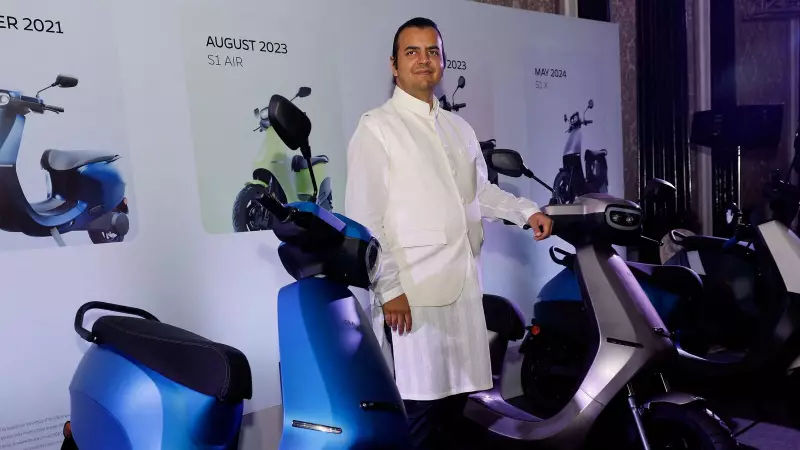
In a significant development that has sent ripples through India's corporate landscape, the Karnataka High Court has stepped in to protect Ola CEO Bhavish Aggarwal from potential police overreach in a sensitive employee suicide case.
Court Intervention Protects Tech Leader
The High Court has explicitly directed Bengaluru police to refrain from taking any coercive measures against the high-profile CEO following the tragic death of an Ola Electric employee. This judicial intervention comes amid growing concerns about the handling of corporate liability in personal tragedy cases.
Background of the Tragic Incident
The case centers around Antara Shirali, a junior engineer at Ola Electric who tragically ended her life in May 2022. According to initial reports, the 27-year-old employee left behind a heart-wrenching note that allegedly pointed to workplace pressures and professional challenges as contributing factors to her extreme decision.
Legal Proceedings Take a Turn
What makes this case particularly noteworthy is the court's proactive stance. While the police investigation continues, the judiciary has drawn clear boundaries around how far law enforcement can pursue corporate leadership in such sensitive matters. The court's order essentially creates a protective shield around Aggarwal while maintaining the integrity of the ongoing investigation.
Broader Implications for India's Startup Ecosystem
This development raises crucial questions about:
- Corporate accountability in employee welfare matters
- Legal protections for business leaders during investigations
- Workplace mental health protocols in high-pressure startup environments
- Balancing justice for victims with fair treatment of accused parties
What Comes Next?
The case continues to unfold, with the court maintaining oversight of police procedures. Legal experts suggest this could set a precedent for how similar cases involving corporate leadership are handled in the future, particularly in India's rapidly growing technology sector.
As the story develops, all eyes remain on the Karnataka High Court for further directions and the eventual outcome of this complex legal battle that sits at the intersection of corporate responsibility, mental health awareness, and legal due process.





